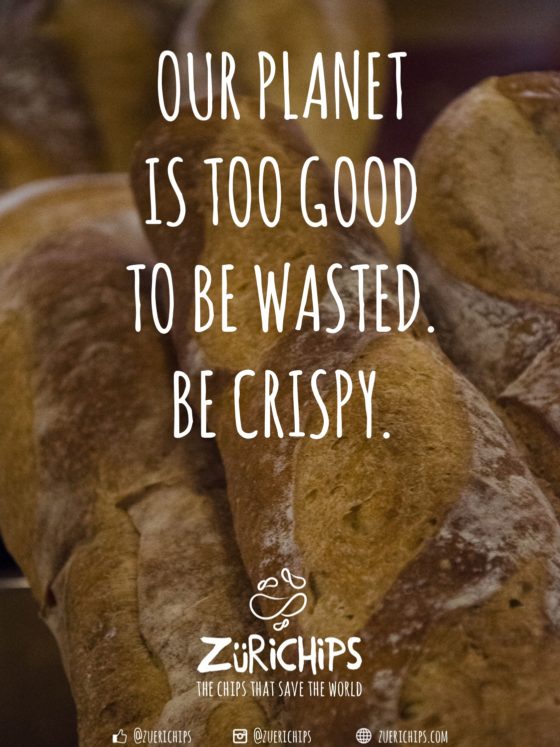What makes Social Innovation?


When talking about social innovation it is important to note that there are two discourses related to this terminology – one where social innovation is seen very narrowly as the innovation for the social work sector and a second, much broader one in which social innovation is actually a pathway to societal transformation which is what we are seeking to work on.
In this second much more broadly understood terminology “social” refers to two meanings. The first meaning of “social” is that innovation emerges through participatory frames like co-creation, open innovation, real-world laboratories, social movements… The second meaning of “social” is that innovation seeks to change society: alternative ways to how we consume, work, move about, spend our free time…
When we look at the ZüriChips (we are sure you know them by now as we have written so much about them – yes, we are great fans!) they both emerged and are continuing in a participatory frame. This can e.g. be seen through their Chipsonauts initiative: anyone is invited to volunteer in the ZüriChips baking, packing, selling or else and become part of their active community to fight food waste. At the same time, it can also be seen in their different ways of including and collaborating with already existing organisations. E.g. they are currently outsourcing their production processes to Züriwerk to allow for people with special needs to produce the chips. Ässbar still supports them, by providing them with old bread and sharing a lot of experience. Whatever knowledge Zürichips gains from being active in the world is reflected and fed back into their own way of being and doing.
On the other hand, the chips have this seemingly overstated claim of “saving the world”. Their theory of change does not work via becoming the largest chips producer and thus eliminating all wasted bread but through creating awareness for food waste and the choices each one of us can make every day. It furthermore is a powerful approach as the idea seems so simple and its success encourages others to also bring something into the world. It thus works on yet another level which is on an effect of contagion to bring about more social innovation.
Central to Zürichips approach was for them to also gain an in-depth understanding on social innovation and how to co-design and shape new social practices. If you would like to learn that also for yourselves, join our upcoming STRIDE Lab on Social Innovation.

The post What makes Social Innovation? appeared first on STRIDE | unSchool for Collaborative Leadership.
